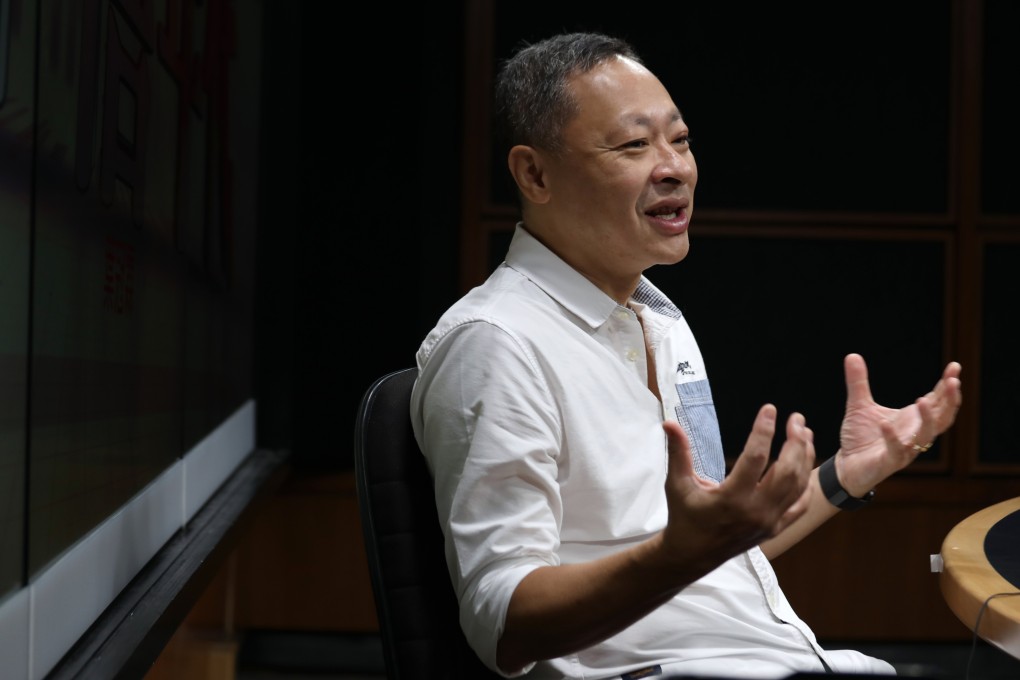Hong Kong 47: Benny Tai’s pre-security law actions relevant for sentencing, judges say
- Judges reject defence claim over past conduct tied to unofficial Legco ‘primary’ held in month after Beijing-imposed law took effect

The three judges overseeing the critical mitigation proceedings in the city’s largest national security trial on Wednesday highlighted the relevance of past conduct in the sentencing of Tai, who is among 45 opposition figures convicted of conspiracy to subvert state power.
They also found no merit in the defence submission that the former law professor, who devised an unofficial legislative “primary” election held in July 2020, had little or no role to play in a conspiracy to bring down the government.
Mr Justice Andrew Chan Hing-wing told West Kowloon Court the case involved a “very lengthy and premeditated” plan to violate the security legislation.
“That’s the beginning of a chain reaction. You cannot simply artificially divide the whole thing into two,” the judge said.
